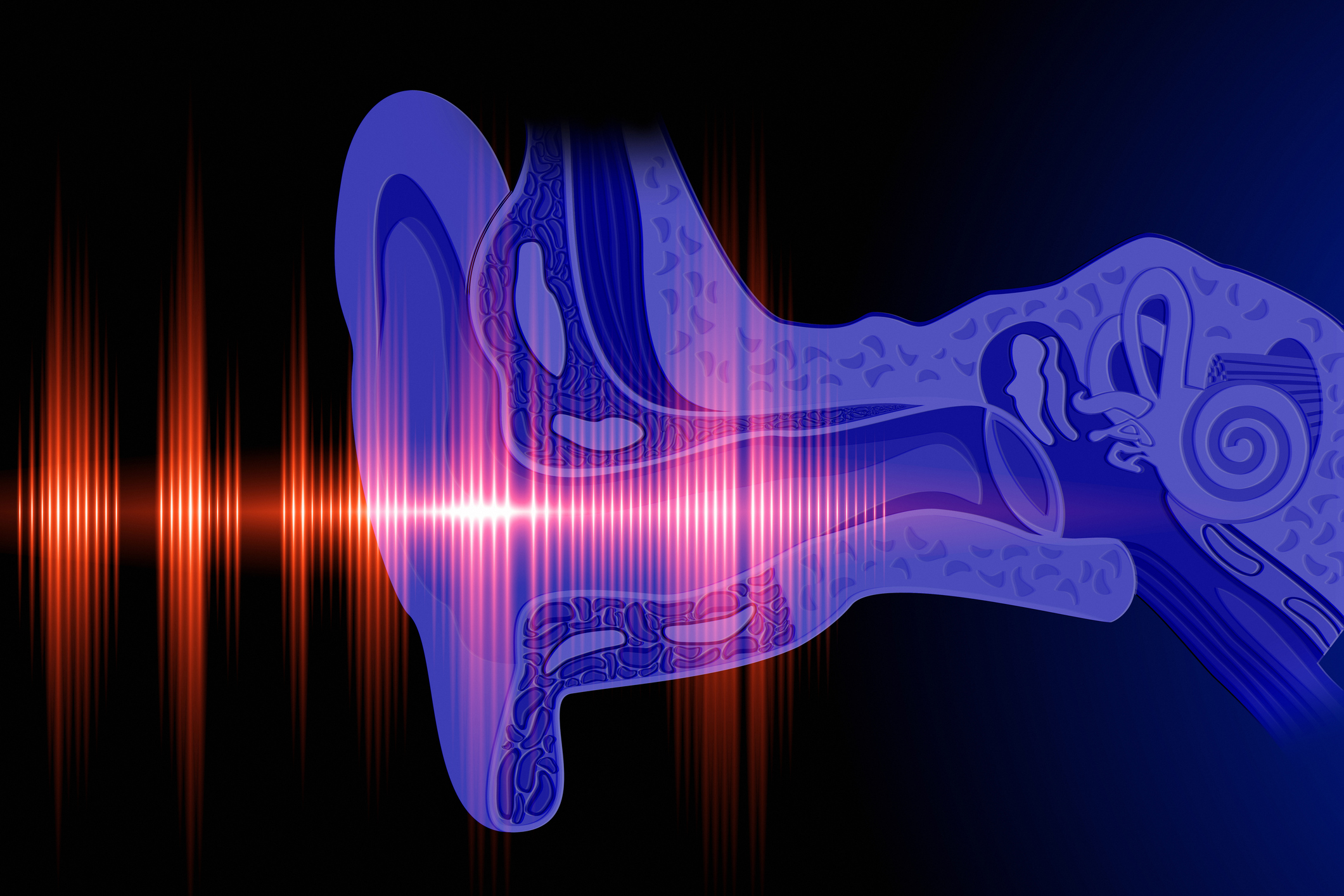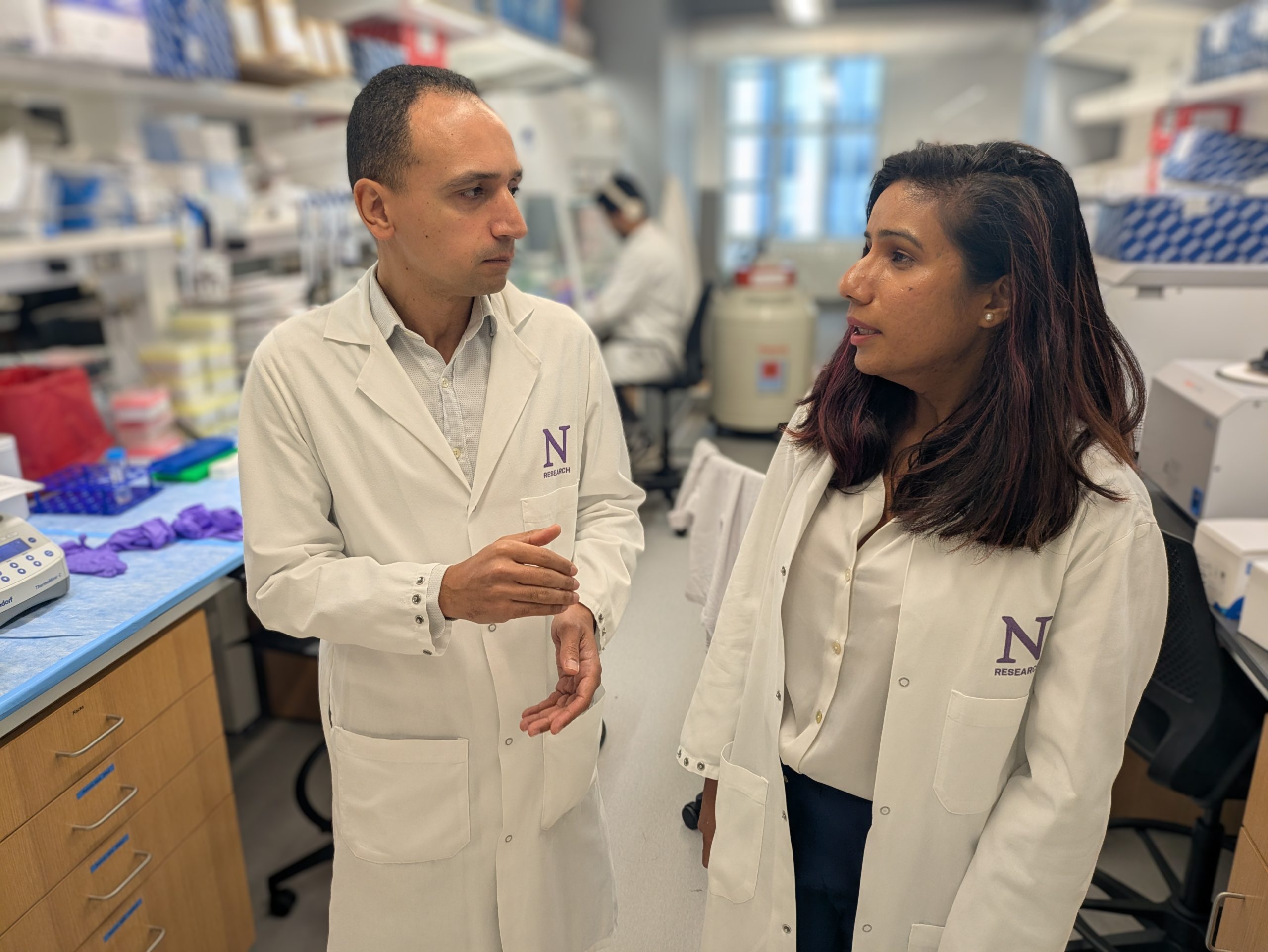Year: 2025
-

Understanding How Hearing Organs Develop
Northwestern Medicine scientists have uncovered how a specific type of cell in the inner ear plays a commanding role in shaping the cellular landscape of the organ responsible for hearing, according to a study published in Science Advances.
-

Mapping How Children Receive Emergency Care in the U.S.
A Northwestern Medicine-led study has established the first pediatric-specific atlas of acute care regions across the United States, offering the clearest picture of how children access emergency and inpatient services to date, according to the study published in JAMA Pediatrics.
-

New Antibody Therapy Reawakens Immune System to Fight Pancreatic Cancer
A new study shows that pancreatic tumors use a sugar-based disguise to hide from the immune system, and Northwestern scientists have also created an antibody therapy that blocks the “don’t-attack” signal.
-

Symposium Showcases Research and Collaboration
Feinberg students, trainees, faculty and members from partner institutions shared research on interventions and policies aimed at advancing equitable healthcare on Oct. 14.
-

A New Clue to ALS and FTD: Faulty Protein Disrupts Brain’s ‘Brake’ System
A new Northwestern study has uncovered how a key disease protein drives overactive nerve cells in neurodegenerative diseases like ALS and frontotemporal dementia.
-

Study Identifies Gene Linked to Rare Ciliopathy Disorders
A Northwestern Medicine-led study has identified mutations in the gene CEP76 as a new cause of ciliopathies, shedding light on a complex group of disorders that affect multiple body systems, according to a study published in Science Advances.
-

Transcription Factor Drives Chemotherapy Resistance in Ovarian Cancer
Northwestern Medicine scientists have discovered how a specific transcription factor promotes genetic reprogramming and chemotherapy resistance in ovarian cancer cells, findings that may inform new targeted treatment approaches that inhibit this process and improve patient outcomes, according to a recent study published in The Journal of Clinical Investigation.
-

Novel Molecular Mechanisms Shape Neuron Identity
A recent study led by Tiffany Schmidt, PhD, has discovered previously unknown cellular mechanisms that shape neuron identity in retinal cells, findings that may improve the understanding of brain circuitry and disease.
-

Measuring the Severity of Debilitating Skin Disorders
A new clinical tool may improve how physicians assess the severity of a painful and often debilitating skin disorder, according to a study recently published in JAMA Dermatology.
-

Uncovering New Therapeutic Targets for Cancer Mutations
A team of Northwestern investigators has discovered novel molecular underpinnings of a common oncogenic mutation in cancer, findings that may inform the development of new therapeutic strategies, according to findings published in Nature Chemical Biology.





